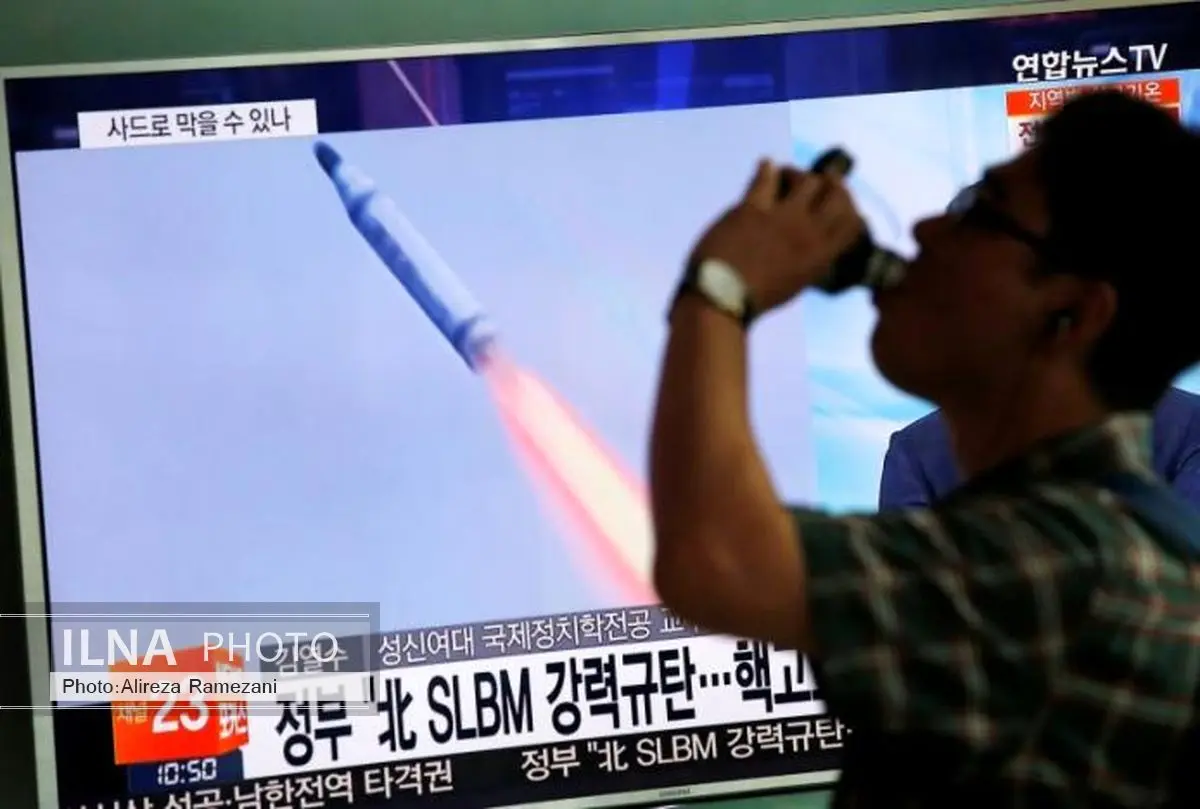North Korea fires submarine-launched ballistic missile toward Japan

North Korea fired a submarine-launched missile on Wednesday that flew about 500 km (311 miles) toward Japan, a show of improving technological capability for the isolated country that has conducted a series of launches in defiance of UN sanctions.
The missile was fired at around 5:30 a.m. (4:30 p.m. ET) from near the coastal city of Sinpo, where satellite imagery shows a submarine base is located, officials at South Korea's Joint Chiefs of Staff and the Defence Ministry told Reuters.
The projectile reached Japan's air defense identification zone (ADIZ), an area of control designated by countries to help maintain air security, South Korea's Yonhap News Agency reported.
The distance of the flight indicated the North's push to develop a submarine-launched missile system was paying off, officials and rocketry experts said.
North Korea's "SLBM (submarine-launched ballistic missile) technology appears to have progressed," a South Korean military official told Reuters.
The launch comes two days after rival South Korea and the United States began annual military exercises in the South that North Korea condemns as a preparation for invasion, and has threatened retaliation.
"I think it was probably successful," said Jeffrey Lewis of the California-based Middlebury Institute of International Studies. "We don't know the full range, but 500 km is either full range or a full range on a lofted trajectory. Either way, that missile works."
The U.S. Strategic Command said it had tracked what it believed to be a KN-11 submarine-launched ballistic missile and confirmed it flew about 300 miles.
Joshua Pollack, editor of the U.S.-based Nonproliferation Review, said a claim to having mastered the SLBM technology is as much about prestige as a military breakthrough, a status enjoyed only by six countries including the United States, Russia and China.
"I think it's meant foremost as a demonstration of sheer technical capability and a demand for status and respect," Pollack said.
The launch came on the same day that the foreign ministers of China, Japan and South Korea were scheduled to meet in Tokyo.
"This poses a grave threat to Japan's security, and is an unforgivable act that damages regional peace and stability markedly," Japanese Prime Minister Shinzo Abe told reporters, adding that Japan had lodged a stern protest.
END
